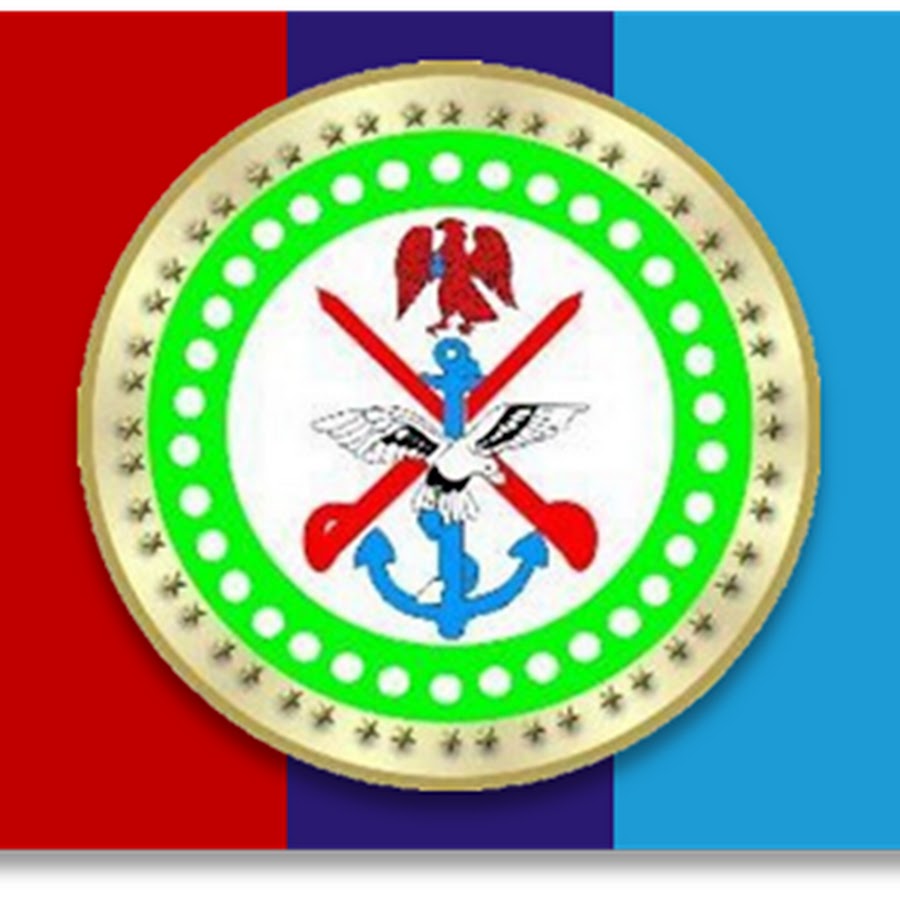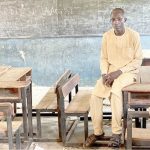The Defence Headquarters on Monday said at least $2bn (about N825bn) would be required annually to fight insecurity in the country.
Director of Production, Defence Headquarters, Air Vice Marshall M. A. Yakubu, stated this in Abuja at the public hearing on the Armed Forces Support Trust Fund Bill.
- Insecurity displaces Bakassi council chairman
- The bunkum call for restructuring by Southern governors
He declared that the sources of funding which the bill recommended were inadequate to address the insecurity in the land.
“Every year, how do we get our budget, capital budget specifically? An arbitrary envelope is simply thrown at us. This year, for example, your budget cap should be N20bn. It does not take into consideration what are the actual needs. Secondly, we’re all aware of the exchange rate fluctuations. We have run into problems while even working with approved budget envelopes.
“We’ve gone ahead to sign contracts for procurement of equipment and suddenly the exchange rate collapses on us and we’re unable to fund it. We’ve found ourselves every year running back to the Federal government for interventions. This is not sustainable.
“The procurement of the 12 Super Tucano Aircraft cost approximately $500m. Now this is a package. The United States would not sell equipment to you and just give you the equipment there. There must be a support package for a minimum of three years. There must be training and other things. That total package came to that amount. How many years would it take you to budget?
“The maximum we’ve received from 2017 to date in capital allocation for the Air Force was about N44bn per annum. Convert that at the current exchange rate. How many years do you need to gather $500m to buy just 12 aircraft?
“Look at the expanse of land we’re required to cover? Nigeria is over 920, 000 square km. Every inch of the land needs to be covered by either surveillance or capability to attack.
“Where can you get those equipment to cover this land? Even the northeast alone, how much does it take to maintain even existing aircrafts?”
“If we’re not able to raise a minimum of $2bn per annum in the next three years for a start, subsequently maybe we can begin to taper down the percentages. But for a start, we need a bulk sum because of many of these manufacturers of equipment require 100% down payment to even start production.
“So, you cannot sign a contract example with the US manufacturers and pay 15% mobilization as required by the procurement act. Nobody would look at you. Their terms must be followed. Many times, we’re asked to pay 100%. The example is the Super Tucano. This one is on government to government. They insisted 100 payment within 30 days. No budgetary allocation would fund that,” he said.
Only 9% of military budget spent on equipment—Gbajabiamila
The Speaker of the House of Representatives, Femi Gbajabiamila, said appropriation records had shown that only nine percent of the total budgetary allocation to the Armed Forces was spent on equipment; while 91 percent is spent on recurrent overhead, salaries and welfare.
He said Nigeria was at war against insurgency, terrorism, kidnapping and other forms of insecurity, hence the need to uplift the resources available to the armed services to enable them to procure the best tools to help win this war.
He said to win the fight against insecurity, the Armed Forces needed more funding for modern weapons and required training.
“I’m sure many of you’ll wonder why the Armed Forces need an additional financial injection at this time. The fact-based on appropriation records is that about 91 per cent of the current funding to the Armed Forces go on recurrent overhead, salaries and welfare, leaving only nine per cent for capital purchases.
“This reality has prompted this 9th House of Representatives to seek a way of providing funds that will be focused on the capital needs and training of our Armed Forces,’’ the speaker said.
He canvassed for funding that could not be sourced solely through budgetary provisions because during war times, nations consider extra-budgetary funding for their military in addition to regular appropriation.
“The concept of a trust fund already exists for the Nigerian Police; it only makes sense to also bolster our military capability as well through this unique vehicle,’’ Gbajabiamila said.

 Join Daily Trust WhatsApp Community For Quick Access To News and Happenings Around You.
Join Daily Trust WhatsApp Community For Quick Access To News and Happenings Around You.


